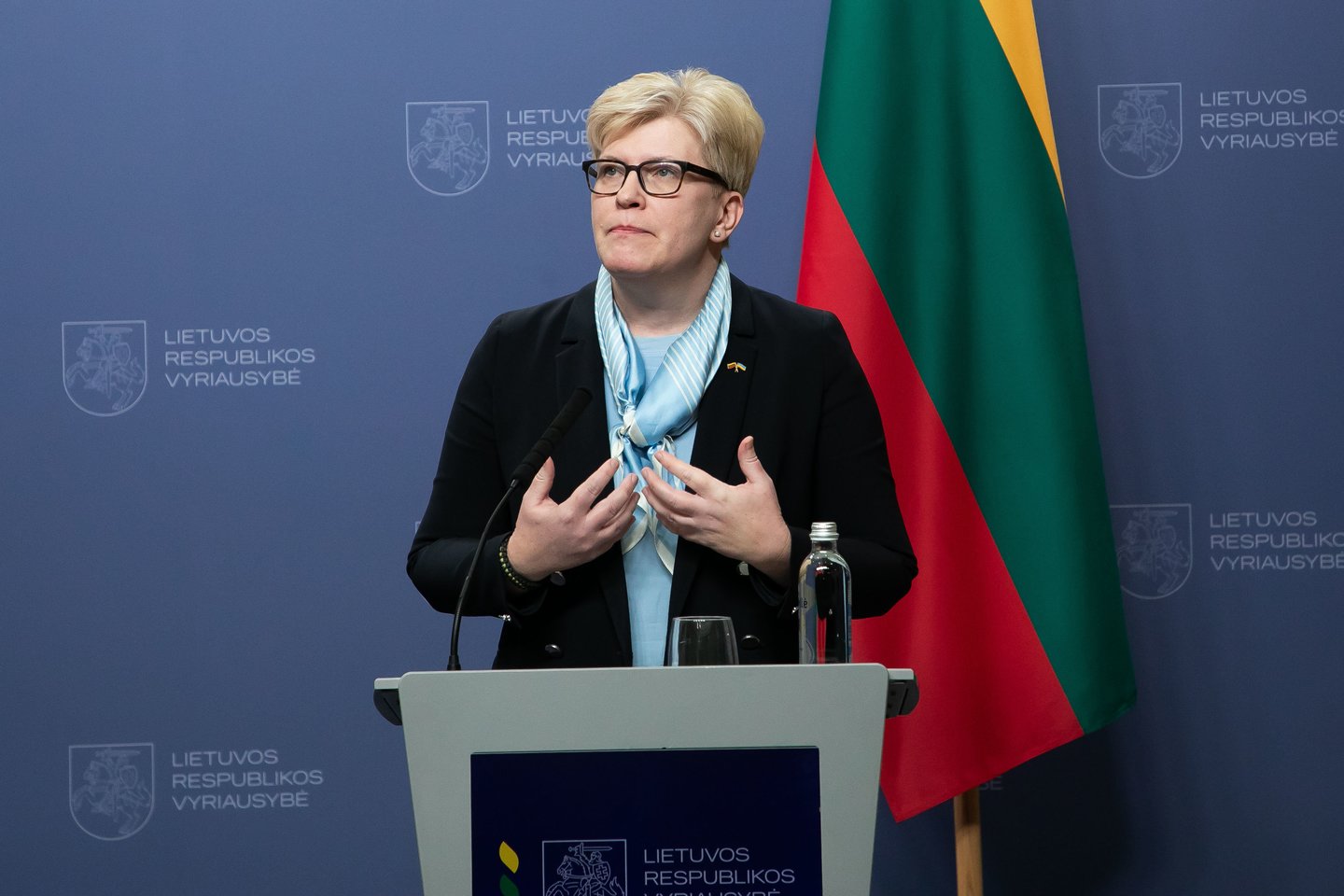"It's a pity that the discussion has dragged on to the point where some explications have to be written into law, but if there is no other way to resolve the issue, and I still want to believe that there will be another way to resolve the issue, then it would probably be better to have it on paper. And then nobody could interpret anything," Ms Šimonytė told LRT Radio.
According to the Prime Minister, other institutions mustn't become hostages of the President's attitude in this situation.
"I understand that the President's word is also important here because he makes the decision; he is also part of the decision. However, all the other institutions cannot be held hostage by one institution's approach, even without any arguments. If there is a transparent procedure, it seems to me that this transparent procedure should certainly lead to a result", she stressed.
I. Šimonytė believes that the Constitution is quite clear that the appointment of ambassadors is the responsibility of the Government. However, she said, much of the process of appointing ambassadors is confidential, which makes it challenging to explain some diplomatic non-appointments.
"Until the final amendments, a lot of that process is done in such a confidential way. This, of course, also provides a medium for decisions that are difficult to explain. Because the arguments as to why the professional diplomats selected under the Ministry of Foreign Affairs procedure were unsuitable were not, in fact, heard during this whole process," the Head of Government stressed.
ELTA recalls that the President's Office and the ruling party have been arguing for the second month about who is to blame because the embassy in Poland, which is strategically vital for Lithuania, does not have an ambassador.
Lithuania's ambassador to Poland, Eduardas Borisovas, was recalled on 7 September at the end of his term of office.
According to Foreign Minister Gabrielius Landsbergis, at least two ambassadorial nominations were submitted to the President and rejected.
The President's initial reasoning was that one of the candidates proposed by the Ministry of Foreign Affairs URM (MFA) did not speak Polish. Later, the Head of State accused the Ministry of politicising the process of appointing an ambassador to Poland and of trying to patronise certain nominees for the post. Later, Frederikas Jansonas, an adviser to the Head of State, also spoke about the shadow of the so-called statesmen clan, saying that their influence was holding up the process of appointing ambassadors.
The friction between the institutions has also been highlighted recently with the announcement that the URM (MFA) intends to recall Lithuania's ambassador to NATO, Deividas Matulionis, in the summer of this year. The President's Office called the decision "a purposeful behaviour of the Ministry towards an experienced and professional diplomat". For his part, Mr Landsbergis stressed that the recall of Mr Matulionis had been coordinated with the Palace of Daukantas Square and that he was, therefore, stunned by the President's statements.

